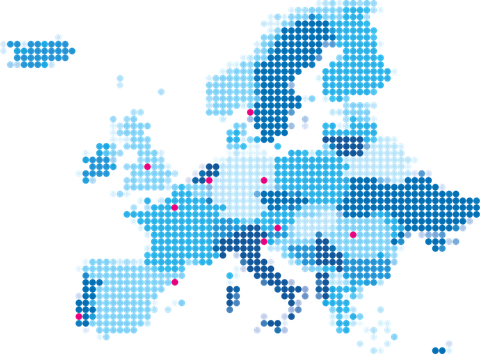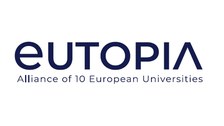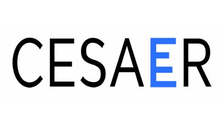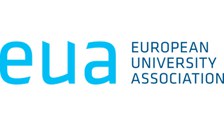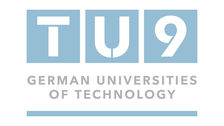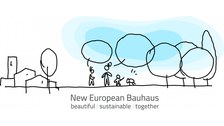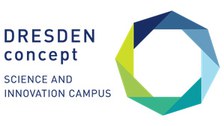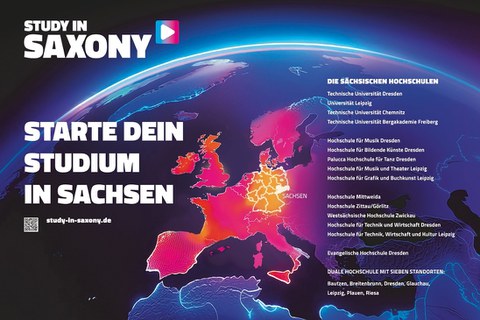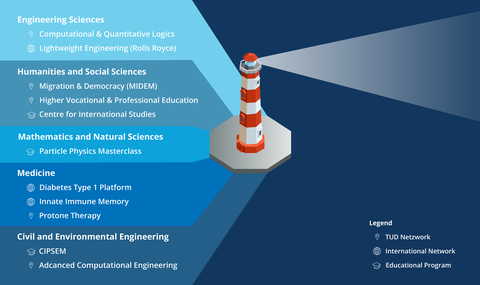Networks and Alliances
TU Dresden seeks to further develop its research and teaching in strong networks and alliances. The membership in these various networks is for professional reasons to connect with institutions that follow the same paths of research. In addition, the TUD-community is committed to represent and to plead for its values and goals on a higher education policy level using relevant platforms and networks. Furthermore, the engagement in networks and alliances aims to increase TU Dresden’s visibility in the international scientific community.
In addition to TU Dresden's membership of the EUTOPIA Alliance and other networks at university level, there are numerous decentralized networks and programs in the departments. TU Dresden is also involved in the "Saxon Science Liaison Office" initiative of the Free State of Saxony managing two offices in Asia.
Table of contents
EUTOPIA
TU Dresden joined the European University Alliance EUTOPIA in 2021. The members of this alliance of European universities are working together on new ways of academic cooperation as an element of the European Higher Education Area. One focus here is on the so-called connected learning communities.
Students, lecturers, researchers and staff can find out about the opportunities for participation on TU Dresden's EUTOPIA website and seek advice from our contact Harald Schraeder.
Memberships in other international networks and alliances
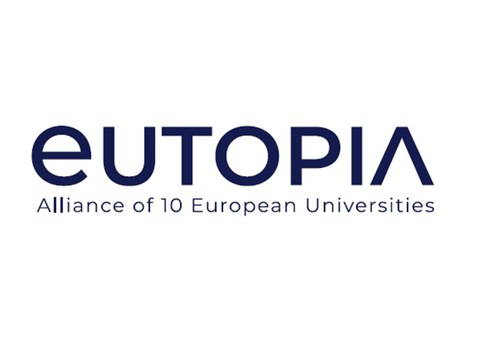
© Eutopia
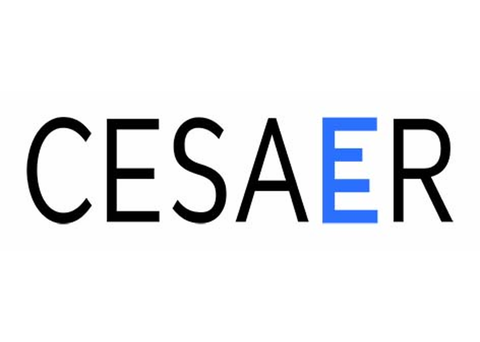
© CESAER
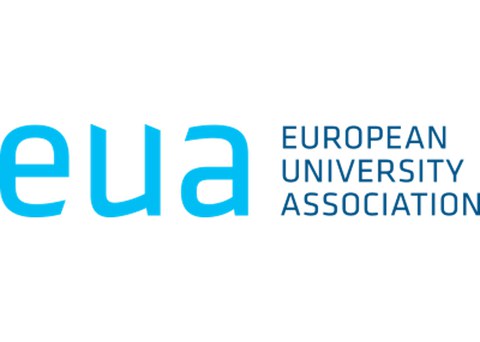
© European University Association
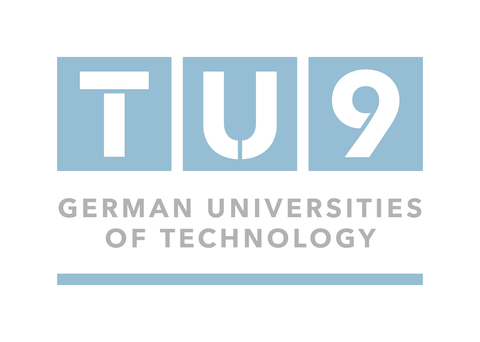
© TU9
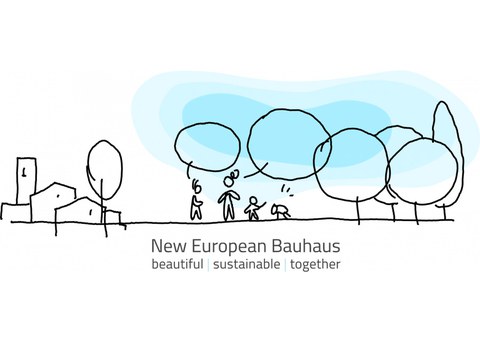
© New European Bauhaus

© Heritage Network
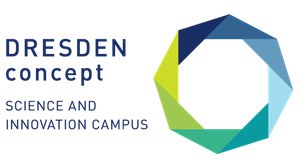
© DRESDEN-concept

© T.I.M.E. Association
Please find more information about these alliances and networks here.
Saxon Science Liaison Offices
The German economy lacks qualified specialists in all areas. This poses a particular challenge in the economically strong federal state of Saxony. The Free State of Saxony is responding to this situation by establishing Saxon Science Liaison Offices abroad, which are managed by Saxon universities. The liaison offices establish local connections to the education market and are a point of contact for international graduates and students interested in studying or gaining a further qualification at a Saxon university. The latter thereby increase their international visibility and participate in the training of future specialists.
The Freestate of Saxony offers information about its various study programms and study locations for prospective students on the website Study In Saxony.
Saxon Science Liaison Offices are located at the following places:

Skyline of Taipei
Saxon Science Liaison Office Taiwan
- Managed by TU Dresden
- Located in Taipei
- Opened in September 2023
- Responsible: Dr. Josef Goldberger
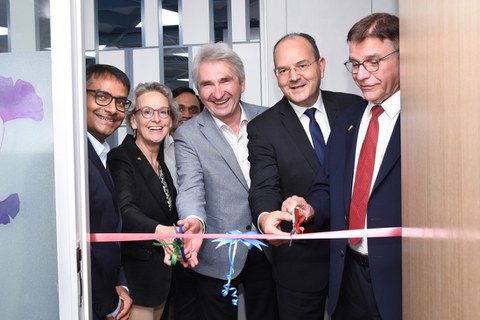
Opening Ceremony for the Saxon Science Liaison Office in Chennai
Saxon Science Liaison Office India
- Managed by TU Dresden
- Located in Chennai
- Opened in September 2024
- Responsible: Bibhu Mishra
Saxon Science Liaison Office Mongolia
- Managed by TU Bergakademie Freiberg
- Located at Mongolian University of Science and Technology, Ulaanbataar
Saxon Science Liaison Office Uzbekistan
- Managed by TU Bergakademie Freiberg
- Located in Tashkent
Saxon Science Liaison Office Vietnam
- Managed by Leipzig University
- Located in Ho Chi Minh City with branch office in Hanoi
Saxon Science Liaison Office Chile
- Managed by TU Chemnitz
- Location tba
Decentralized Networks and Programs - International Lighthouses
The decentralized networks and programs selected here include international relationships and activities with a TUD-wide significance. They are located in the departments and faculties and are characterized by a subject-specific orientation, so that they stand as "lighthouses" for the quality, breadth and diversity of TU Dresden in internationalization.

